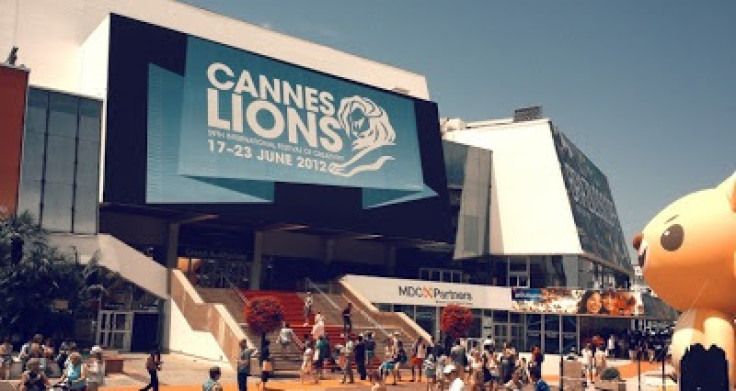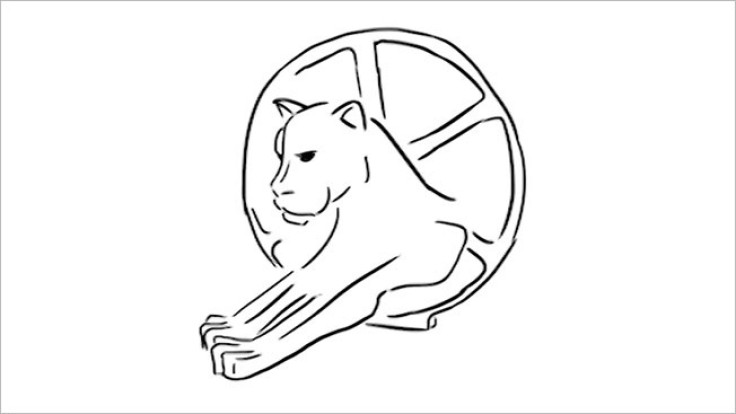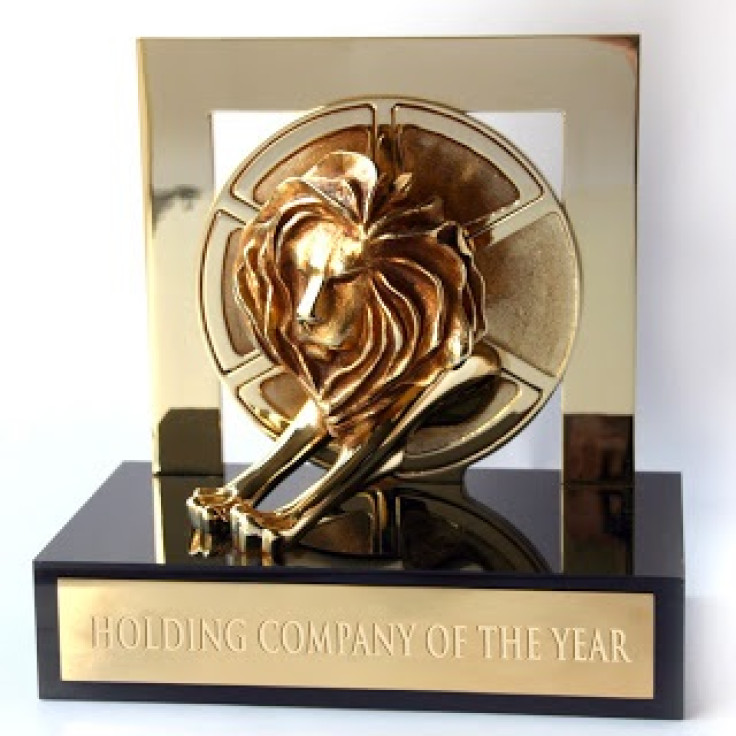Stephen Foster: Cannes Lions and adland's other prizes matter more than ever to Ogilvy and co
Spring has barely sprung but already the thoughts of the ad world are turning to awards – the big festivals that start soon, peak in the summer and then come in a further rush in the autumn and early winter.
There are dozens of them but the biggie is the Cannes International Festival of Creativity that happens in early June. Cannes has eclipsed its rivals, the main ones being the New York One Show and the UK's Designers and Art Directors (D&AD) that precede it.

Then it was known as the Screen Advertising World Awards (SAWA), owned by cinema advertising outfit Pearl & Dean. As such it attracted mainly commercials production companies and ad agencies, although US and UK ad agencies would much prefer to win at the One Show or D&AD.
Now (owned by the UK's Top Right Group, once part of magazine publisher Emap) it attracts, among others, lorry loads of advertisers who turn up, spend buckets of money and try to figure out why their ads are so boring in comparison to the winners.
Ad awards are big business but they cost a fortune to enter – thousand of euros for one entry at Cannes. So it's become very competitive. Even the biggest agency groups – such as WPP and Omnicom – have only so many millions to spend.
There's therefore the need, on the part of the awards organisers, to keep inventing new categories. Cannes is a master at this.
Lioness award
This year it looks like there'll be a new category at Cannes, a so far unnamed award for anti-sexist ads. It's not confirmed yet but it's likely to happen and it's likely to ruffle a few feathers in what is still pretty sexist adland.

The brainchild of a creative team from DDB Australia, it's likely to offer a "Lioness" award to the ad or other communication that "changes the conversation" about the portrayal of females in ads.
Some people, including many women, think this a bridge too far. After all, why not have an award for ads that are nice to men? Lots of them aren't.
Or is it just another excuse to reel in more money? And the fact that it's a DDB wheeze has raised some eyebrows too.
DDB is part of Omnicom, which also owns big agency networks BBDO and TBWA among others. For years, Omnicom's BBDO has been the most-awarded network in the world by most measures although for the past three years, WPP-owned Ogilvy & Mather has won the Cannes network crown. At a cost of about $10m (£6.5m) a year, according to some estimates.
Holding company of the year

And Cannes now also offers a holding company of the year award that has gone, since its inception, to WPP. WPP owns more agencies about the place than any of its rivals.
But they also want to know they're going to get the best creative talents working on their business. The way they assess that is by seeing who wins big at Cannes and the other big awards.
Size, in all its aspects, definitely matters in the awards season.
Stephen Foster is editor of More About Advertising, a former editor of Marketing Week and a London Evening Standard advertising columnist. He wrote City Republic for Brand Republic and is a partner in communications consultancy The Editorial Partnership.
© Copyright IBTimes 2024. All rights reserved.









